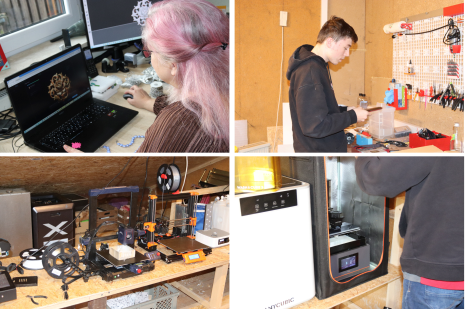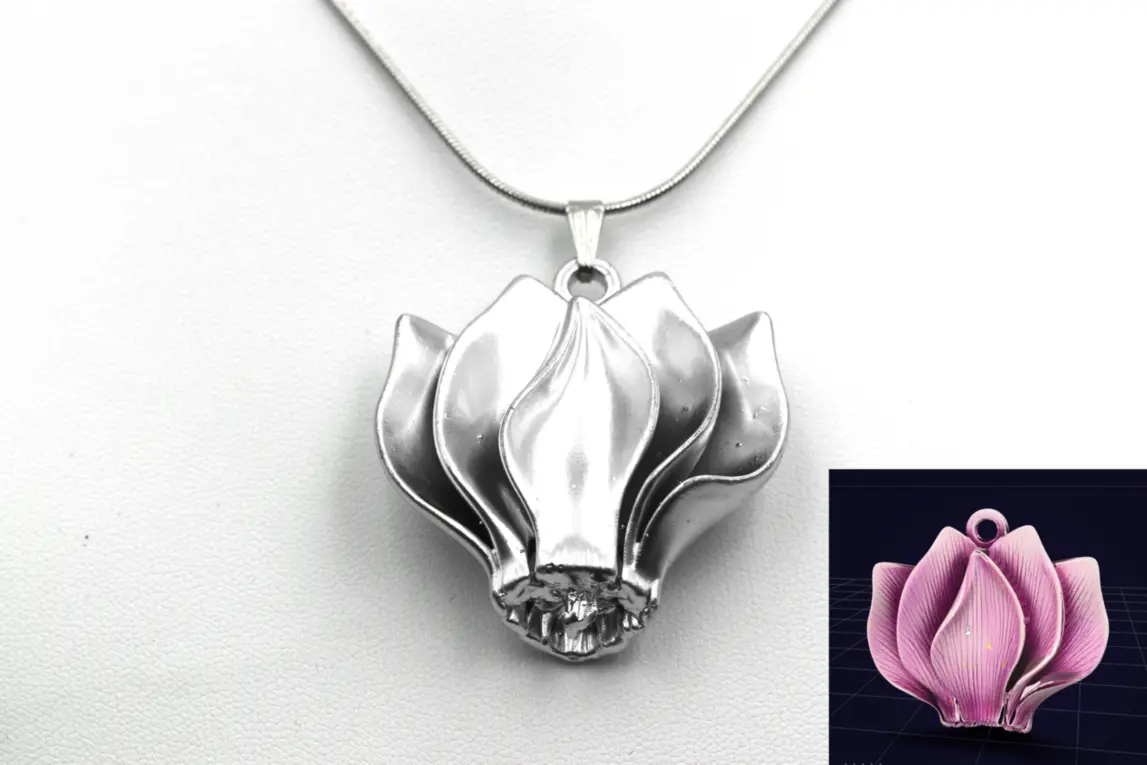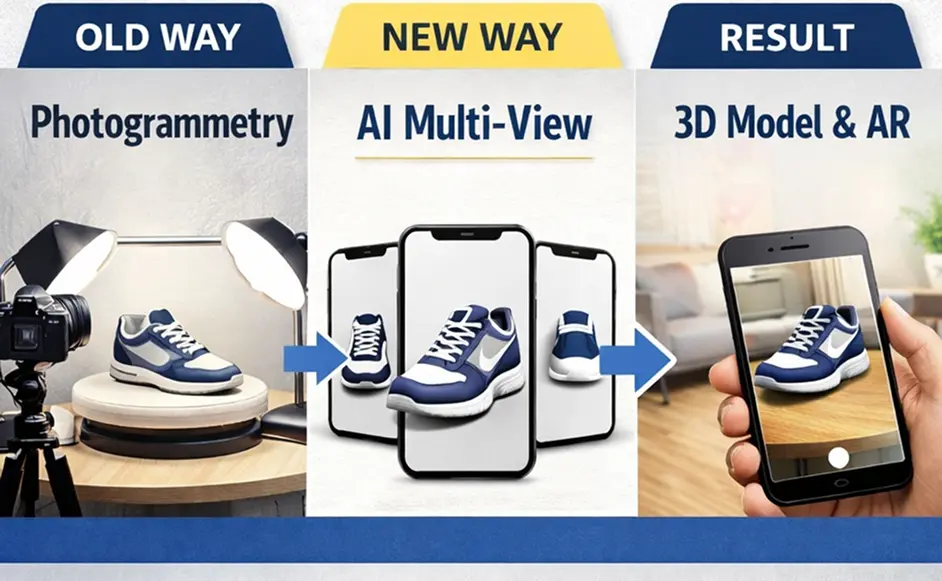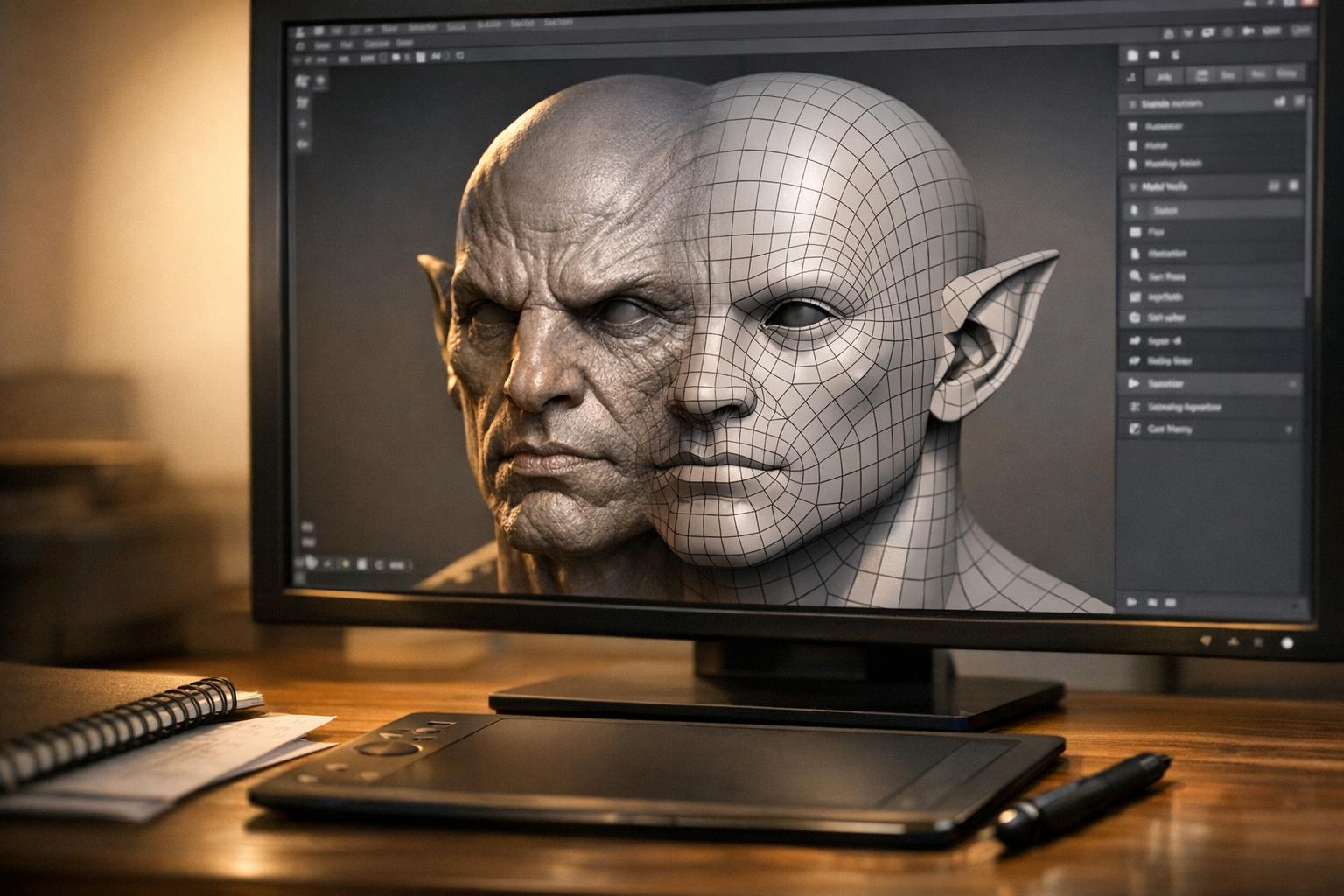When an 87-year-old master engraver retired after nearly seven decades of work, the unique tin engraving tradition he carried seemed at risk of disappearing. Local jeweller Andrea Patzner wanted to preserve those designs — and make them accessible to a new generation. Working with her 16-year-old son, she began experimenting with genAI and desktop 3D printing to recreate motifs once carved entirely by hand 3dprintingindustry.com.
Their process shows how AI-generated models and modern fabrication tools can open new creative pathways in jewellery making.
From Hand-Engraving to AI-Assisted Design
Instead of sketching and carving patterns manually, Andrea now uses AI-based 3D modelling tools to generate forms based on the engraver’s style. Software such as Sloyd allows a user to start with a text description or basic shape and refine it to match the desired aesthetic.
These digital models become starting points — not replacements. The artist still applies judgement, variation and finishing touches. The difference is speed and freedom: new ideas can be tested in minutes rather than hours.

Casting and Molding with 3D-Printed Patterns
Traditional lost-wax casting requires sculpting wax by hand. With AI-generated forms, the wax model is instead 3D-printed, maintaining fine detail and consistency. The printed waxes are then used to make molds, which are cast in tin, silver or other metals.
This workflow blends artistry and precision:
- AI assists with complex shapes and surface details
- 3D printing produces consistent patterns quickly
- Hand finishing restores the tactile character of craft
The resulting pieces still feel handmade — because they are — but the design and prototyping process becomes far more flexible.
New Creative Possibilities for Makers and Shoppers
AI and 3D printing expand what small studios and individual creators can do:
For makers:
- No need for decades of carving experience to start producing intricate work
- Faster prototyping means more experimentation and new styles
- Production can happen in-house, even at small scale
For shoppers and collectors:
- More variety and personalization in jewellery offerings
- Designs that connect heritage with modern aesthetics
- One-of-a-kind pieces can be commissioned affordably
This approach doesn’t replace traditional craftsmanship — it extends it, allowing cultural and artistic techniques to continue evolving rather than fading away.
Read the Full Story
To explore Andrea’s work and the full background, read the article on 3D Printing Industry:
When an 87-Year-Old Master Retired, AI Took His Place
https://3dprintingindustry.com/news/when-an-87-year-old-master-retired-ai-took-his-place-246147/
See more Andrea's designs in Etsy.





